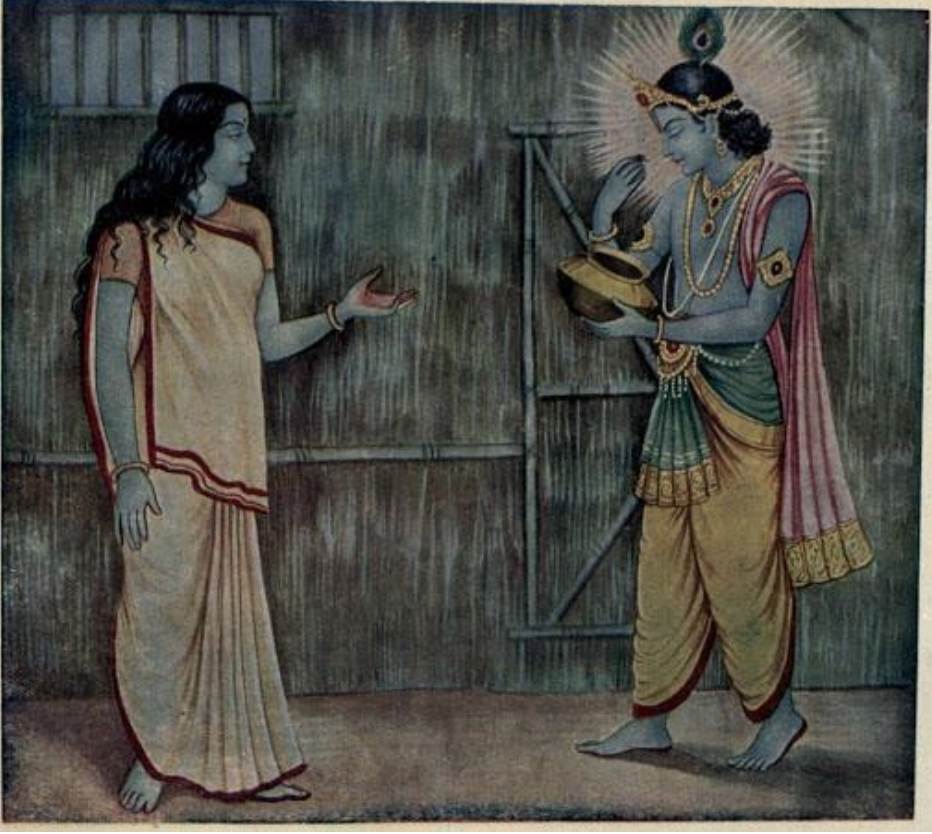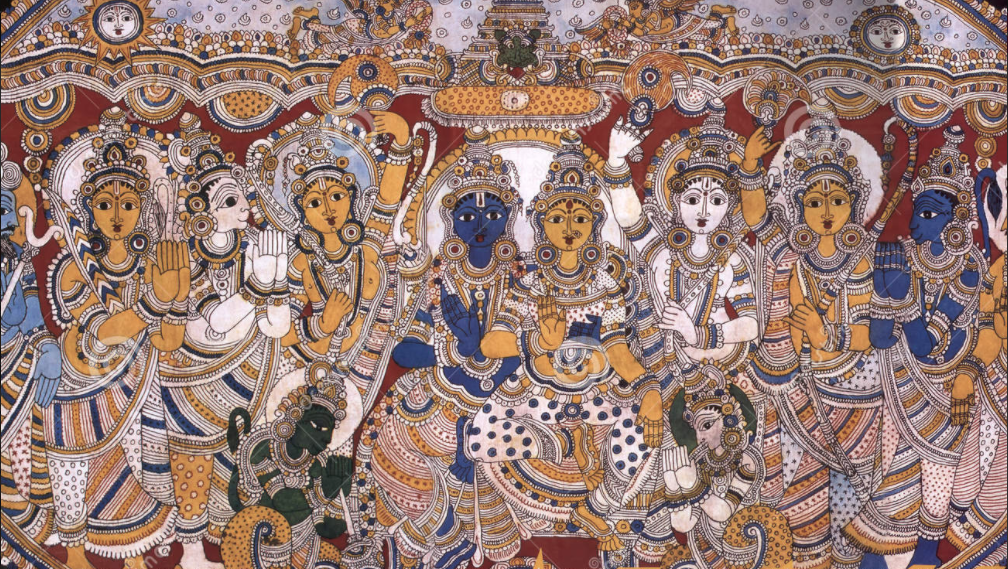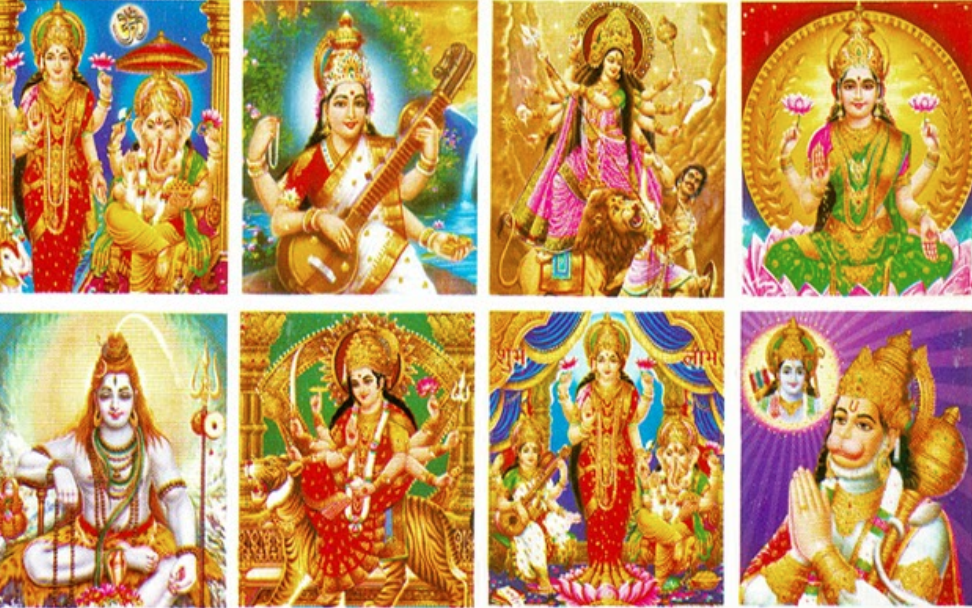“You’re too dark,” I hear at a puja worshipping Kali Maa. “Much too dark,” I hear from the Shivite mother of a love interest. “Have you tried to get lighter?” my neighbor’s words ring around the statue of goddess Parvati, cut from black stone. At first, comments about my skin color stabbed like daggers, every word plunging its way into my psyche and lacerating my self-esteem.
After the initial pain subsides, all that remains now is an everlasting feeling of fatigue. I’m tired of hearing these words, tired of worrying about how dark I look, and tired, still, of how pervasive this mentality is in our community.
So I began to think, why? What is the root cause of such pointless discrimination? Why do we have to relate it to God? For me, the impact of melanin on Indian culture is deeply complex and is rooted in religion and colonization. India is a country composed of a variety of religions. Here, I will be focusing on colorism as it relates to Hinduism and my identity.
[Read Related: Enough is Enough: BGM Responds to Colorism & Blackface Problem in ‘Kala Shah Kala’]
As a young Hindu woman, a majority of the comments I receive are related to the divine beauty of the gods. “If only you were lighter, you would look like Goddess Parvati!” or “You have a pretty face but if you were lighter, you would look like Goddess Radha.” When I look at photos of goddesses in temples or stores, I take those words to heart as I gaze upon the pale faces of the divine.
However, goddesses weren’t always depicted this way. The revered Goddess Parvati’s statues are traditionally cut out of black stone to represent her darker skin. Goddess Radha, as opposed to being “light,” is often discussed as having “golden” skin. Even maidens known for their beauty such as Draupadi, a strong protagonist of the Mahabharata, are described as being ethereally beautiful and still dark-skinned.
Time and again, Hindu scripture shows us examples of dark maidens being considered beautiful and dark-skinned Goddesses revered for their power and beauty. Why, then, is it so wrong to my aunties if I have dark skin like Draupadi?

[Read Related: Your Natural Skin is Beautiful: Conquering Colorism in the South Asian Community]
Darkness has never shown itself as a hindrance to the strength and power of our most revered Hindu heroes, and these depictions show that skin tone was not considered entirely negative in ancient Hinduism.


[Read Related: Myths on the Ideal Brown Feminist]
To the auntie who tells me to get lighter: Would you say this to Goddess Parvati?
To the neighbor who says my children will be too dark: How would you feel if you saw baby Krishna’s skin?
To the mother who says I’m too dark to date her child: Draupadi would not have been good enough for you.
To my sisters: you are undoubtedly beautiful. No matter your skin, you join the ranks of the most beautiful and powerful Goddesses in Hinduism. The magic in your melanin is something no one can take away from you.




